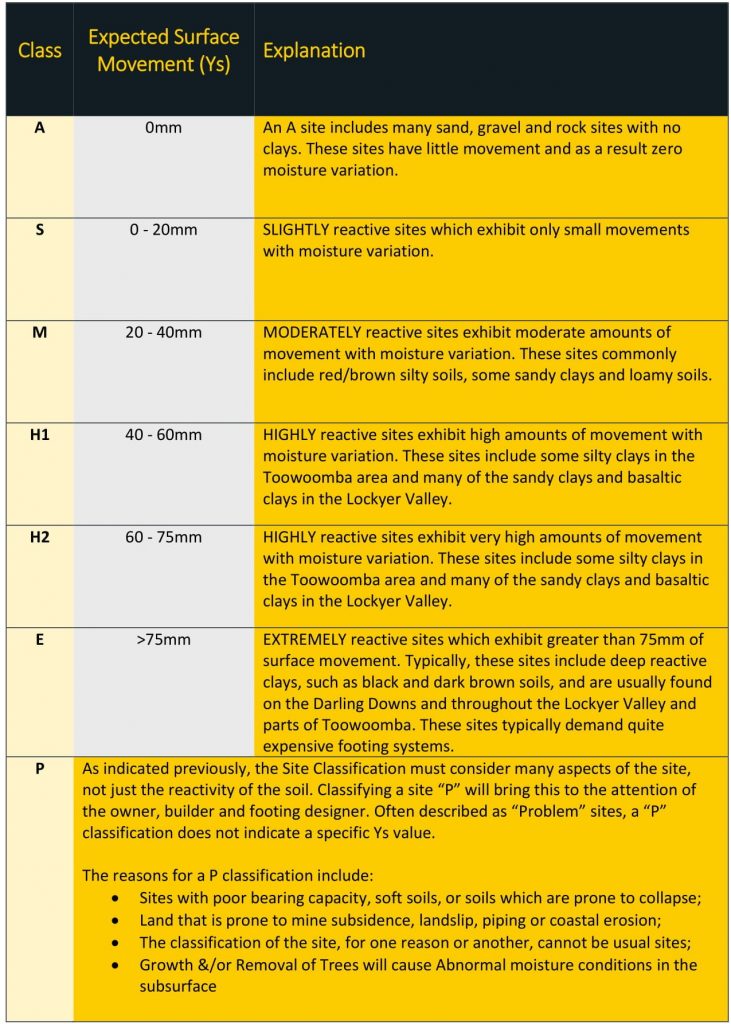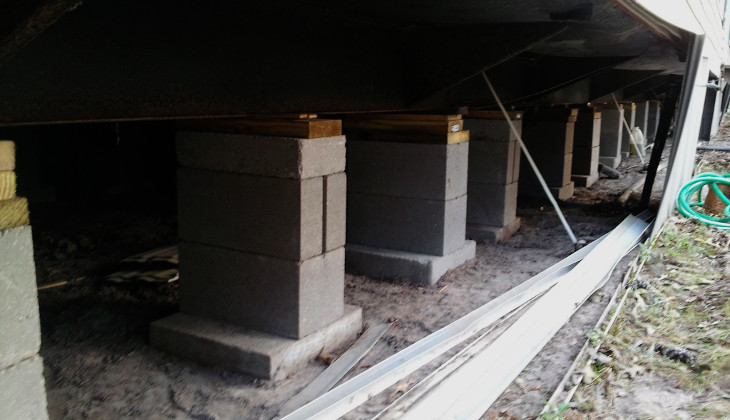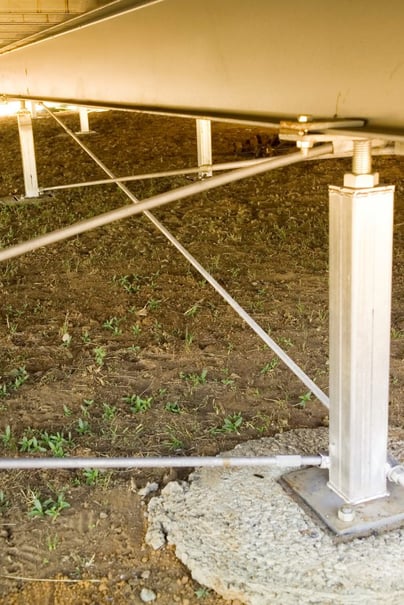WHY DO I NEED A SOIL TEST? MODULAR HOME FOOTINGS AND REACTIVE SOIL SITES EXPLAINED
The footings of a modular home are incredibly vital to its structural integrity, and a soil test is the most critical part of getting this right. In this article, we go over the process that must be followed to ensure that your house is built right - from the ground up.
Read on to find out about soil tests, soil classifications and the different types of footings used in the modular home industry.
FIRST UP - WHY DO I NEED A SOIL TEST AND HOW IS ONE PERFORMED?
A structural engineer will interpret the results of soil classification. This data will influence the design and type of footings the engineer designs for your new modular home.
A geotechnical engineer conducts a soil test by boring down, in two or three separate locations within the building footprint, to test the soil. The soil tester will take a sample of the ground at different depths for testing. Back in the laboratory, the earth will be tested using several different parameters, and a soil classification assigned to the site. This is called the Soil Test Report.
WHAT ARE THE DIFFERENT SOIL CLASSIFICATIONS AND WHAT DO THEY MEAN?

TYPES OF FOUNDATIONS FOR MODULAR HOMES & WHAT KIND IS BEST FOR YOUR HOUSE
So, what types of foundations are available to you? Well we can generally divide the types of foundations up into three main categories:

1. Block Piers are the traditional “cheap” relocatable home piers. You may have seen these in caravan parks or on older relocatable home. The home is just placed on stacked concrete blocks and chained to the ground.
The advantages of these foundations are that they are incredibly cheap and easy to install.
One of the main disadvantages for this sort of system is that they are only suitable for A or S sites due to the fact there is no resistance to soil movement.

2. Bored Piers are the most common type of footing. These involve drilling 300mm to 450mm diameter piers to a depth specified by an engineer, installing reinforcing and pouring concrete. Many builders, including
The advantages of this system are that the concrete foundations are durable and very resistant to soil movement – meaning less chance of cracking in your finished home.
The disadvantage of this system is that it is very labour intensive and costly.
3. Screw Piles / Surefoot Foundations are an engineered footing system. Screw piles involve screwing a large metal screw into the earth while the Surefoot system involved hammering metal piles into the ground around the bearing plate.
The advantages of these types of systems are that they are straightforward to install, and labour and materials use are minimised.
There are a few minor disadvantages especially in sites that have much rock.
BUILDING ON BLACK SOIL
Westbuilt believes in designing a footing system to suit your exact site and home. Depending on the results of your soil test, we will recommend either a bored pier or Surefoot foundation system for a black soil site.
Each system is designed to minimise the effect of extreme soil movement seen on black soil sites.
CONCLUSION
If you think that building a new modular home might be the best option for you, and you’re interested in a more cost-effective and streamlined construction process, talk to the team at Westbuilt Homes.
We have been designing and building stunning modular homes since 1993. The construction process of a modular home is very different to that of a conventional home, giving you greater control over the construction time, the quality and the timeframe.
To learn more about modular construction, book a no obligation consultation with one of our modular experts. We’d be happy to answer any questions you may have.


